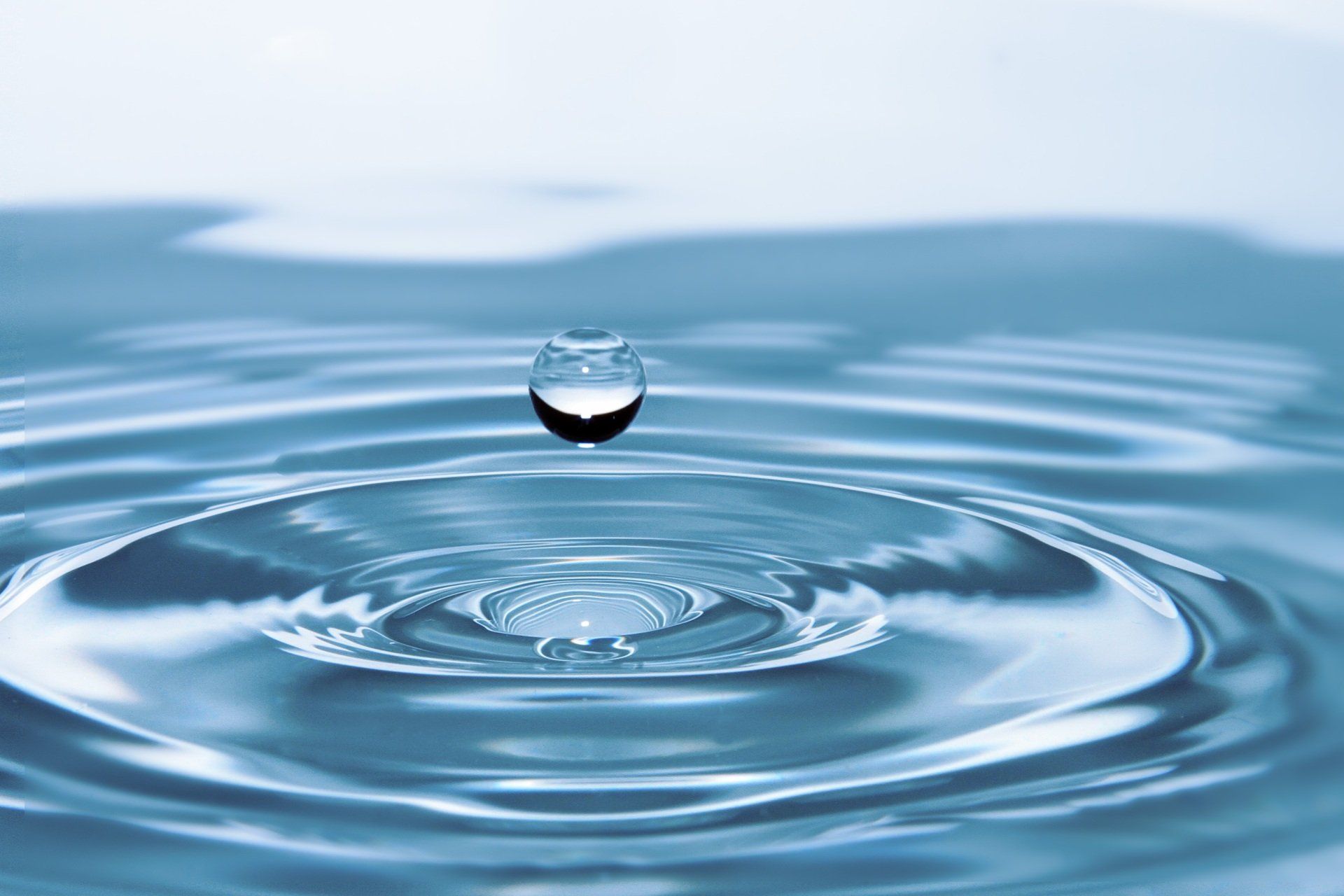Tips & Tricks - Water Quality
Without water, nothing will grow!

How do you know if you have a water quality problem?
It can be very difficult to determine if a water quality issue is responsible for any plant growth problems which might be occurring. Many diseases and errors with nutrient management or incorrect environmental conditions will produce symptoms very similar to common water quality problems.
Ideally, obtaining a full water analysis is useful for most growers, however detecting other issues such as chemical or microbial contamination is more complex. The simplest method of determining if water quality is the cause of growth problems is to run a seedling trial – growing sensitive seedlings such as lettuce using RO or distilled water as the ‘control’ or comparison will usually show up any problems originating from the water supply.
Keeping all other factors such as nutrients, temperature and light the same between the plants in the different water samples and using a solution culture system will give the most accurate test. Comparing growth in the pure water to the suspected water sample will reveal any problems (if growth problems appear in both seedling treatment water samples, then something other than water quality is to blame).
Water quality problems may show as stunted roots which don’t expand downwards, short, brown roots, yellowing of the new leaves, stunted foliage growth, sunken brown spots on the foliage, leaf burn and even plant death.
What to do about suspected microbial contamination
Zoosporic pathogenic fungi such as Pythium and bacteria can survive in and be distributed by water6 . Water sources which may not have been treated and may contain disease pathogens such as ground, river or steam water can be relatively easily cleaned up by the grower before use.
The safest options are UV, ozone and slow sand filtration as these won’t leave chemical residues which may harm young, sensitive root systems.
Small UV treatment and filtration systems such as those used in fish ponds and aquariums are suitable for treating water for hydroponic use and will kill plant pathogens and algae. However these are best used for treating water only, not nutrient solutions as UV can make some nutrients unavailable for plant uptake.
What to do about other contaminates and treatment chemicals
Activated charcoal (slow) filters are still one of the more reliable and inexpensive ways of removing suspected contaminates from a water supply.
Herbicides, pesticides, chlorine, chloramines, and other chemicals are reduced to low levels by suitable activated charcoal filters and these can be used by small and large growers alike.
If chlorine alone is a problem, aerating the water for 48 hours by using a small air pump will dissipate this chemical.
Using substrate-based systems incorporating a media such as coco fibre will give a greater degree of protection and ‘buffering’ capacity where chemical contaminates are suspected.
What to do about excess minerals
Often it is possible to dilute a water supply which may have a slight excess in certain minerals, particularly trace elements, with a higher quality water source, however for water sources with a high natural salinity RESearch reverse osmosis or distillation are the only methods of demineralization.
Some crops such as tomatoes are far more tolerant of excess minerals and salinity than others such as lettuce, so this factor should be taken into account
What to do about ‘hard’ water with a high pH
Hard water is best treated with acid to lower the pH to 6.5 before adding any nutrients to make up the nutrient solution or before using the water to top up a nutrient reservoir. This will reduce the total amount of acid required in the system to keep pH under control. Hard water also contains minerals such as calcium and magnesium, so using a specific ‘hard water’ nutrient formulation or product in recirculating systems (like CANNA Hydro Hard Water) is advised, since these will keep nutrient ratios more in balance and also assist with keeping pH in check.
Article shared courtesy of CANNAtalk, the magazine for serious growers!

